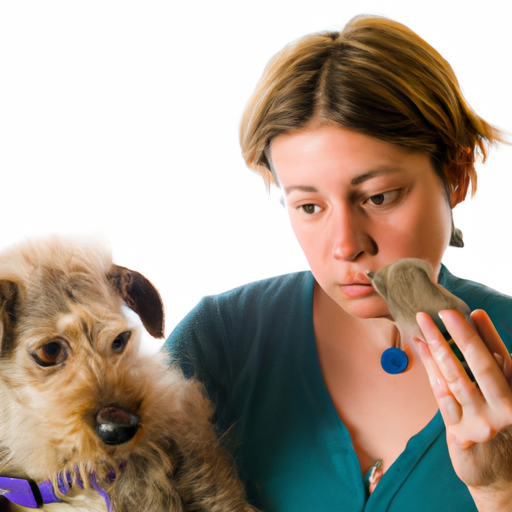Introduction
I know you’re worried. You’ve seen your beloved canine companion shedding more than usual, and it’s got you on edge. You’re not alone. As a caregiver, it’s natural for you to be deeply concerned about your pet’s well-being. Let’s dive deeper into the reasons behind your dog’s hair loss and identify what could possibly be causing it.
Understanding Normal Hair Loss in Dogs
Before we delve into the abnormal causes of hair loss, it’s crucial for you to understand what’s considered normal. Dogs naturally shed hair, just like humans. The frequency and amount of shedding can vary based on their health, breed, and season.
- Health: A healthy dog will have consistent shedding throughout the year.
- Breed: Some breeds like Labrador Retrievers and Dachshunds are known to shed more than others.
- Season: Many dogs shed more during spring and fall as their body prepares for the change in weather.
However, when the shedding seems excessive, or if it leads to bald patches, then it could indicate a problem.
Common Causes of Hair Loss in Dogs
Hair loss in dogs, medically known as alopecia, can be caused due to a variety of reasons. Let’s explore some of the most common causes.
- Allergies: Allergic reactions to food, environmental factors, or certain materials can cause hair loss in dogs.
- Parasites: Fleas, mites, and other parasites can cause severe itching leading to hair loss.
- Hormonal Imbalance: Conditions such as hypothyroidism can lead to hair loss.
- Dermatitis: Skin inflammation often results in hair loss.
- Genetic Predisposition: Some breeds are genetically predisposed to hair loss.
| Cause | Symptoms |
|---|---|
| Allergies | Itching, redness, swelling |
| Parasites | Excessive scratching, redness |
| Hormonal Imbalance | Lethargy, weight gain |
| Dermatitis | Redness, inflammation |
| Genetic Predisposition | Hair loss in specific areas |
Treatment Options for Hair Loss in Dogs
Don’t panic. Hair loss in dogs, in most cases, is treatable. Here are some common treatments depending on the cause of the hair loss.
- Allergies: Your vet may recommend allergy testing and subsequently, dietary changes or medications.
- Parasites: Topical or oral medications can help get rid of parasites.
- Hormonal Imbalance: Hormone therapy can be an effective treatment.
- Dermatitis: Topical creams and oral medications can help reduce inflammation.
- Genetic Predisposition: While there’s no cure, certain topical treatments can stimulate hair growth.
Remember, always consult with your vet before starting any treatment.
Preventive Measures for Hair Loss in Dogs
Prevention is always better than cure. Here are some ways you can help prevent hair loss in your dog.
- Regular grooming: This helps in early detection of any skin issues.
- Balanced diet: A nutritious diet promotes good skin and coat health.
- Regular vet check-ups: Routine examinations can help identify potential issues early on.
FAQ
Q: Should I be worried if my dog is shedding more than usual?
A: If the shedding is excessive or if there are bald patches, it’s best to consult with a vet.
Q: Can food allergies cause hair loss in dogs?
A: Yes, food allergies can cause skin irritation leading to hair loss.
Q: Are certain breeds more prone to hair loss?
A: Yes, certain breeds like Bulldogs and Dachshunds are more prone to hair loss.
Q: Can hair loss in dogs be prevented?
A: Regular grooming, a balanced diet, and routine vet check-ups can help prevent hair loss.
Q: Can hair loss in dogs be treated?
A: Yes, most causes of hair loss in dogs can be treated effectively.
Remember, you’re not alone in this journey. Keep loving and caring for your furry friend, and they’ll shower you with unconditional love in return.



